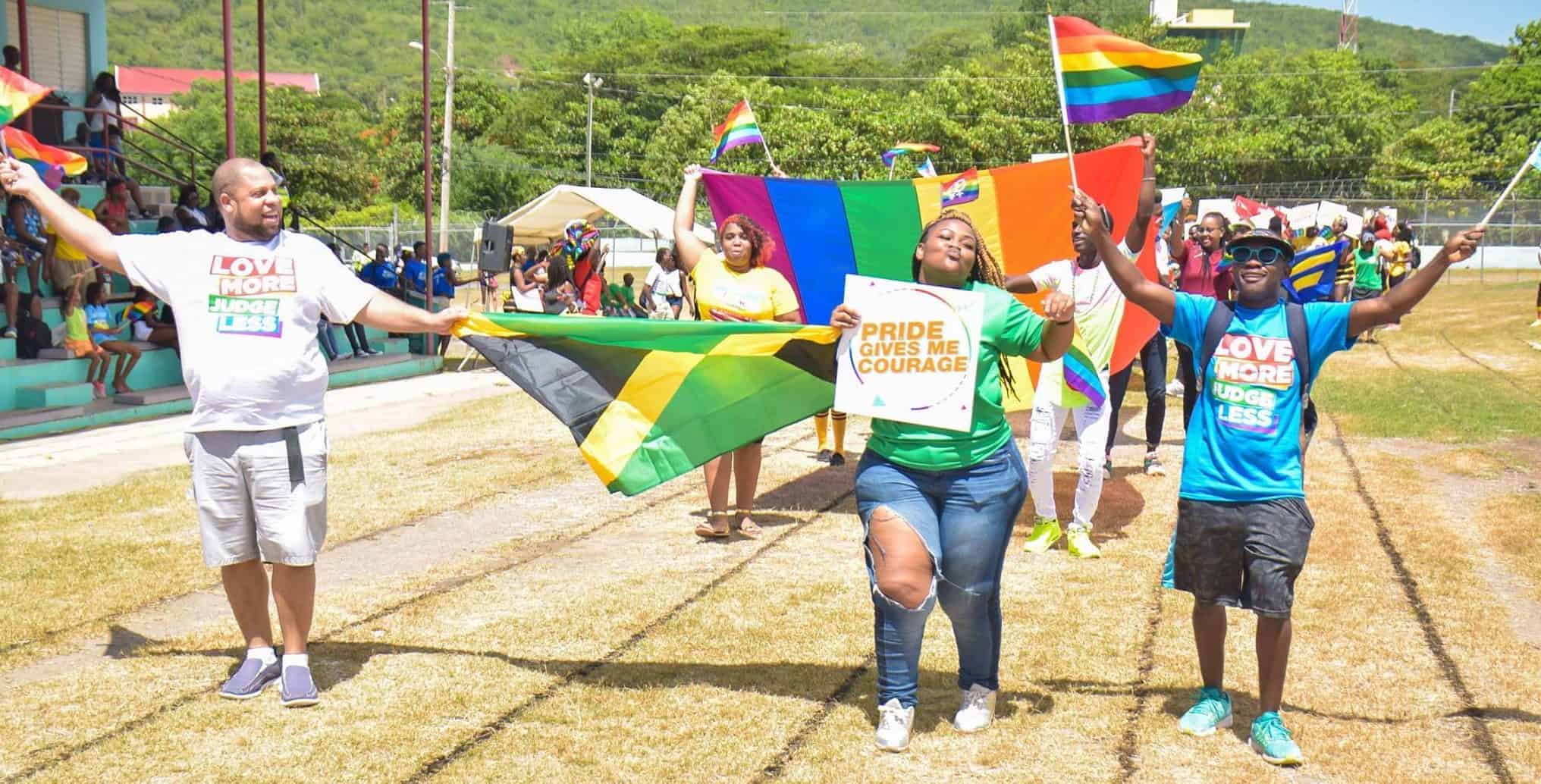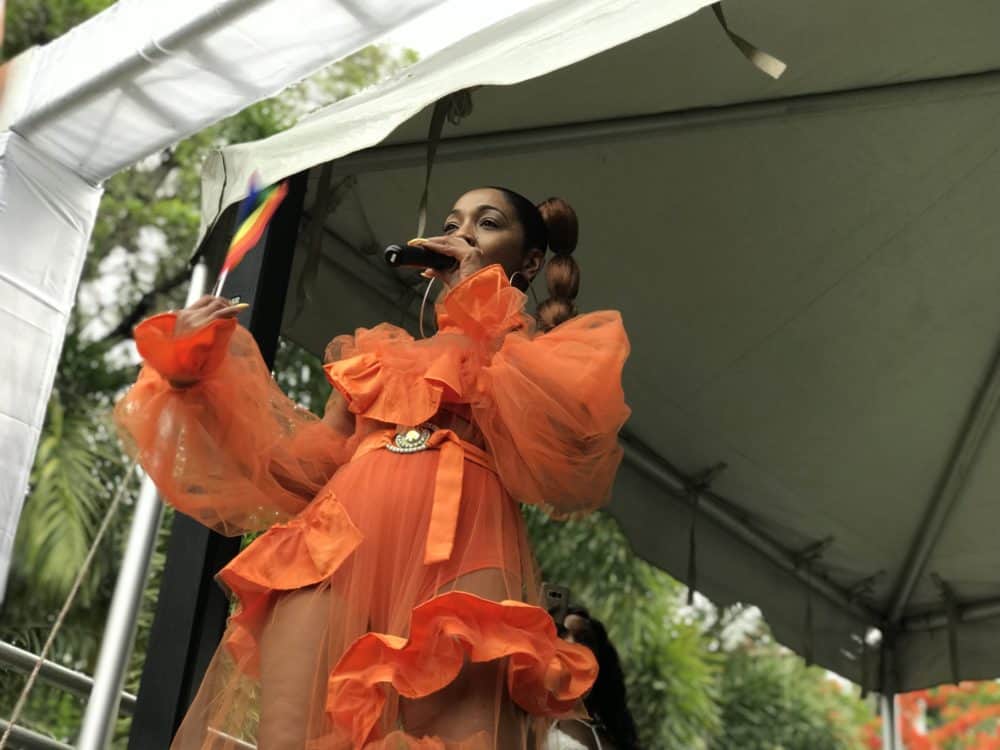
Gay Rights In Jamaica
Our take on the struggle for gay rights in Jamaica, with reference to the work of local LGBT activists, J-Flag.
Jamaica is a beautiful country but it’s a difficult destination for gay travelers. Back in 2006, Time Magazine hailed Jamaica as “The most homophobic place on earth.” Homophobic laws from the colonial era are still in place and still widely used. Human Rights Watch echoed the sentiments of Time Magazine and declared that in terms of homophobia, “Jamaica is the worst we’ve ever seen.”
Within Jamaican culture, homophobia is deeply embedded. It can be found in the evangelical church and in the lyrics of dancehall music. High profile Jamaican artists have rapped militantly homophobic lyrics about “batty men” in their songs. Buju Banton had a big hit back in the 80s with Boom Bye Bye, a song sung in Jamaican Patois that describes shooting a gay man.
Jamaican LGBT activists J-Flag have documented hundreds of homophobic crimes in recent years. As this report for the Human Rights Committee and other academic papers have outlined, the actual number of homophobic crimes in Jamaica are significantly underreported. In many cases, LGBT citizens fear harassment if they go to the police. There are even reports of police acting as the perpetrators of homophobic crimes.
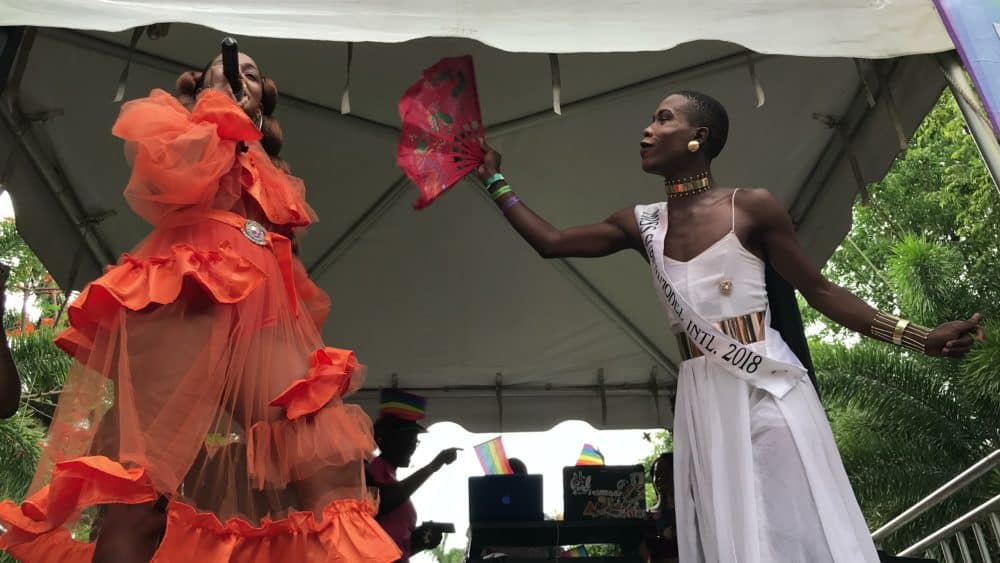
Challenging Homophobia In Dancehall Music
In 2004, J-Flag collaborated with UK based human rights activist Peter Tatchell and together they launched a high profile Stop Murder Music campaign. It brought the homophobia of dancehall music into the spotlight and caused a lot of controversy.
Dancehall artists were banned from international festivals, causing their incomes to plummet. While homophobia almost vanished from dancehall music, the campaign was not entirely effective. The optics were bad: it looked like a colonial imposition. The campaign also provoked a debate about the nature of artistic expression and censorship.
J-Flag can ultimately hail their campaign as a success. This is their take on the changing landscape of dancehall: “Although there has been no quantitative research of which we are aware, there has been a recognizable decline in the prevalence of homophobic content in modern dancehall music. Of course the older music continue to be played in dancehall spaces, however, given Dancehall’s social function as a stark reflection of Jamaican culture and values, the shift in Dancehall music is expected to organically continue as attitudes towards the Jamaican LGBT community incrementally become less harsh. Also, slurs are not allowed to be played on public airwaves and monitoring by the Broadcasting Commission continues to maintain this standard.”
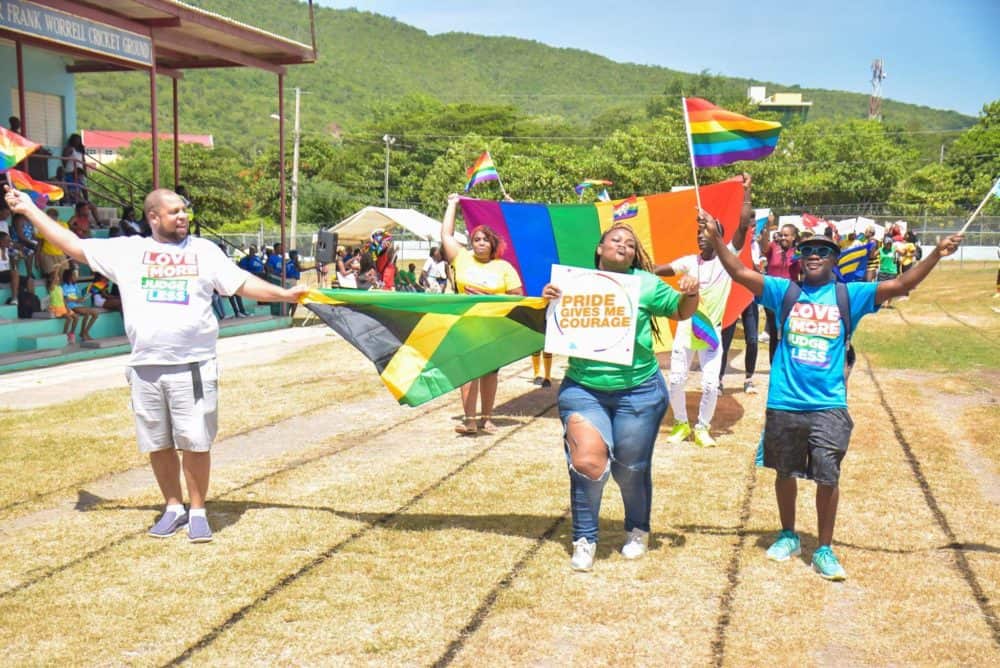
Being Openly Gay In Jamaica
Josef Forstmayr is a high profile figure in the Jamaican travel industry. This is his experience of gay life in Jamaica: "I have lived in Jamaica as an openly gay man since 1979 and have worked in the hotel industry in leading capacities. I have been elected as president of the Montego Bay Chamber of Commerce and Industry, the Jamaica Hotel and Tourist Association, the Caribbean Hotel and Tourism Association. I have also been appointed to several important government boards and presently serve as a director of the Jamaica Tourist Board and the Board of Management of the National Gallery of Jamaica. I have never encountered any openly homophobic attitude nor been exposed to open hostility."
"I guess the fact that I am originally from Austria and that I am a successful means that homophobic expressions are not as pronounced against me as they are against underprivileged Jamaicans who live in poverty. There is indeed a lot that needs to be done to improve the lives of these LGBT citizens... I married my Jamaican partner of 18 years in Vienna in an official ceremony. We are quite integrated back here in Jamaica and at Round Hill, albeit our civil union is NOT legally recognised in Jamaica."
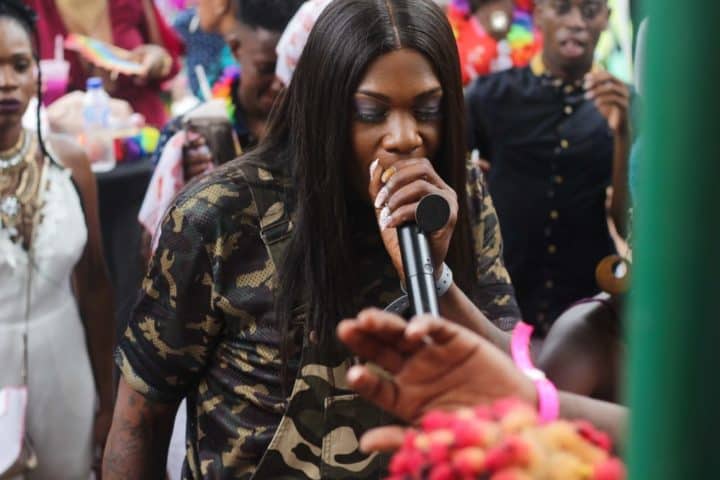
Gay Pride And Gay Travel In Jamaica
While day to day life is still a struggle for LGBT Jamaicans, things are slowly improving. According to J-Flag, “LGBT Jamaicans are in their own innovative ways navigating spaces and using their agency to build new realities and narratives. Though we do have quite a few events each year, a vibrant LGBT entertainment scene has emerged that’s driven by different allies and community members. Pride is a crucial part of J-FLAG’s work to reduce stigma and discrimination as well as violence perpetrated against LGBT people in Jamaica. During Pride week an average of 3,000-5,000 people attend with our biggest events being the sports day, the beach party and the breakfast party.”
Today dancehall artists, such as D’Angel, play at Pride events. One of Jamaica’s biggest names is Grace Jones, the queen of Studio 54, and she has been a gay icon since the 70s. You can’t caricature an entire country as being off limits when there are so many exceptions to the *moral majority*.
As things are slowly improving in Jamaica, it no longer looks like a no-go-zone for LGBT travelers. There is a vibrant Jamaican gay scene, but it’s also discrete. Many LGBT Jamaicans choose to stay in the closet, for obvious reasons. Our guide to Jamaica’s gay scene is for those who are curious to explore a beautiful and troubled country. Our listings have been recommended by local LGBT activists. While safety cannot be guaranteed, the same could be said for any tourist in any country.
If you’d like to put together a tailor-made itinerary and explore Jamaica, our colleagues at Out Of Office will be happy to help. They can also hook you up with an LGBT tour guide.
Join the Travel Gay Newsletter
More Gay Travel News, Interviews and Features
The Best Tours In Kingston
Browse a selection of tours in Kingston from our partners with free cancellation 24 hours before your tour starts.

